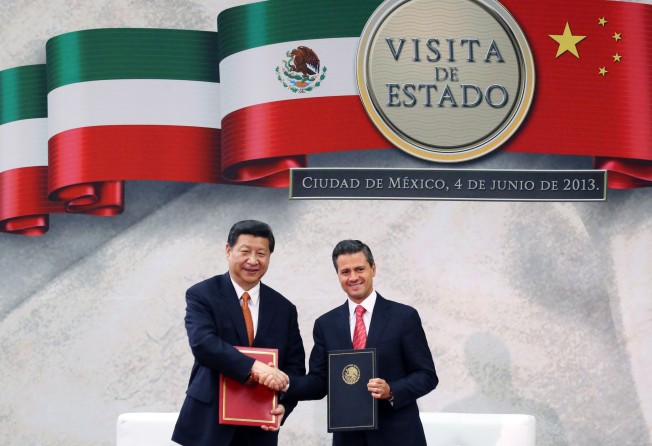
US beats China in soft power stakes
Pew survey shows that respondents in sub-Saharan Africa and Latin America like Chinese technology, but are lukewarm on ideas, customs

China has worked to strengthen its economic presence in Sub-Saharan Africa and Latin America during the past decade, but while the majority of people in both regions appreciate the influx of Chinese science and technology, most are not impressed with the spread of Chinese ideas and customs.
Meanwhile, America enjoys a soft power advantage over China among Latin Americans and Africans. The appeal of US soft power is generally stronger today than it was during the final years of the Bush administration.
These are the findings of the largest-scale global survey of views on China conducted by the Pew Research Centre’s Global Attitudes Project. Pew focused its questions on Chinese “soft power” in six sub-Saharan African nations and seven Latin American nations from March 2 to May 1, this year, as China is now one of the largest trading partners in many African and Latin American countries.

Andrew Small, an analyst at the German Marshall Fund of the United States, said: “China’s soft power has often been oversold and the survey demonstrates that while China is widely seen as an economic partner across the developing world, this does not translate into the spread of Chinese ideas, culture, or values. Unlike America or Europe, China is still a relatively unfamiliar and distant power in Africa and Latin America, even if its economic growth and technological prowess is admired. Attitudes to Chinese business practices in Latin America illustrate the mixed economic impact that China has there too, though the real nervousness about growing Chinese power is among its neighbours rather than further afield - where its military reach is still very limited.”
The military power of both America and China worries many. China’s growing military strength is viewed with trepidation in neighbouring Japan, South Korea, Australia and the Philippines. Meanwhile, the Obama administration’s use of drone strikes faces broad opposition – half or more in 31 of 39 countries disapprove of US drone attacks against extremist groups.
“We didn’t expect to get such strong opinions on Chinese soft power,” said Bruce Stokes, director of Pew’s Global Attitudes Project. “I think we need to acknowledge that China’s presence in the world is more extensive than we realise already.”
Stokes expects that China may hold wider appeal in the future, since results show that in 16 out of 38 surveyed nations, younger people are significantly more likely than older people to look favourably on China. Half or more of those aged 18 to 29 in Nigeria, Ghana, Bolivia and Senegal like Chinese music, movies and television shows in addition to admiring Chinese science and technology.